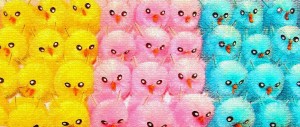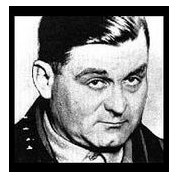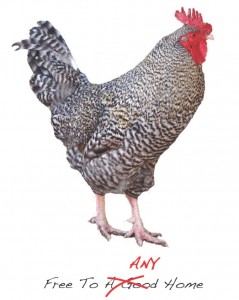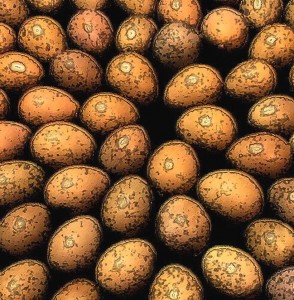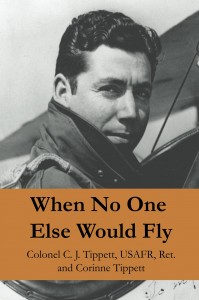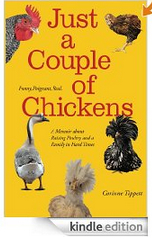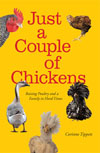
Standing in the Evergreen Aviation & Space Museum, I can really imagine how it was to fly these amazing aircraft. Except The Spruce Goose. That defies imagination.
The Beechcraft Staggerwing and the Republic RC-3 Seabee, and the Fairchild PT-19, and the deHavilland Vampire…
Colonel Cloyce Joseph Tippett would have recognized every plane in there, because he flew almost every kind of plane in there!
All in one place, all in perfect condition, and I could walk right up to them all.
There’s a Douglas DC-3, and a Curtiss JN4, and a Curtiss Robin… and that’s not even the full list.
It was so awesome that I didn’t even notice the Gigantic Enormous Legendary aircraft sitting in the middle of them all.
The Spruce Goose, sitting right there.
I was staring at the helicopters, fighters, and B17 Flying Fortress.
This is the Evergreen Aviation & Space Museum in McMinnville, Oregon.
It’s under an hour from my home in Portland, Oregon and it’s way way bigger than I ever imagined.
The museum was created by Captain Michael King Smith and his father, Delford M. Smith. Captain Michael King Smith had a powerful passion for aviation and dreamed of founding a museum. As Captain Smith pursued flight all the way to the cockpit of a jet fighter for the US Air Force, he and his father collected the aircraft for the museum. When Captain Smith died in a car accident in 1995, his father completed the vision. This understated fact, described on the Evergreen website, doesn’t capture the story. When I stepped inside the Evergreen Aviation Museum, I immediately realized that this was a labor of love and respect beyond a simple passion for aviation. This museum is bigger, better, and more comprehensive than any I had been in since the Smithsonian in DC.
These are some of the aircraft that my grandfather, Col. C. J. Tippett, flew during his lifetime of aviation pioneering – the basis for my book about his adventures. The opportunity to walk among these aircraft is invaluable. To see the size of the cockpits, the reach of the wings, the materials they are built from, and to imagine Tip flying them.
I had heard about the museum but I never imagined it was so amazing. I thought it was going to be hard to find, but the signs on the road were clear, and the full-size, real-life, retired commercial aircraft sitting on top of the waterpark at the museum caught my eye in time for me to make the turn. (There is also a waterpark there, also awesome, and totally overlooked in my aviation-drenched mind.)
I not only highly recommend this museum for anyone living in, or visiting, Portland, Oregon… I think I’m going to go back there this weekend!

